Did you know that there are 35 countries in all parts of the planet, including Bulgaria, currently working on an artificial sun? And no, that does not mean a big fiery ball illuminating the sky, it is an effort to create nuclear fusion in a sustainable way, and to generate electricity in unlimited amounts.
The project is called ITER- International Thermonuclear Experimental Reactor (the acronym means “path” in Latin), and goes back to the end of 2007. It has been joined by countries of the EU, Russia, China, India, Japan, USA and the Republic of Korea. According to the project’s leader Prof. Bernard Bigot ITER embodies the ambition of physicists and engineers to replicate the way the sun generates energy i.e. to attain controlled nuclear fusion.
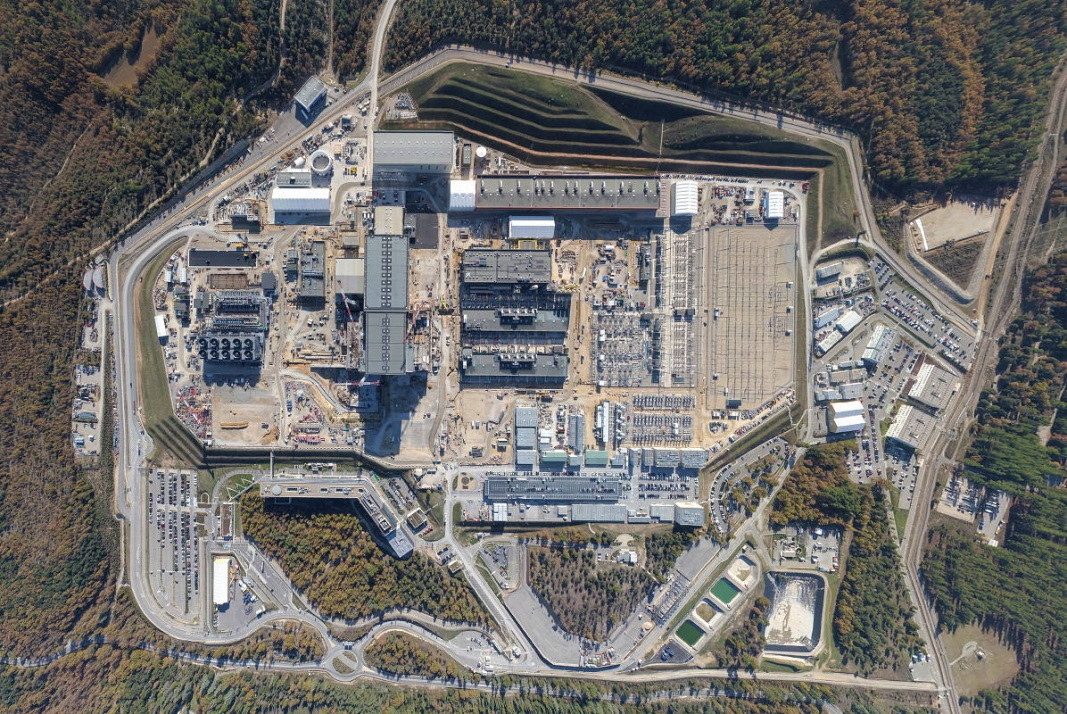
It is one of the most ambitious energy generation enterprises in the world as nuclear fusion does not occur on the Earth naturally. A high-tech facility is currently being constructed over an area of 180 hectares in Cadarache, France, where there already exists the largest technological research and development center for energy in Europe.
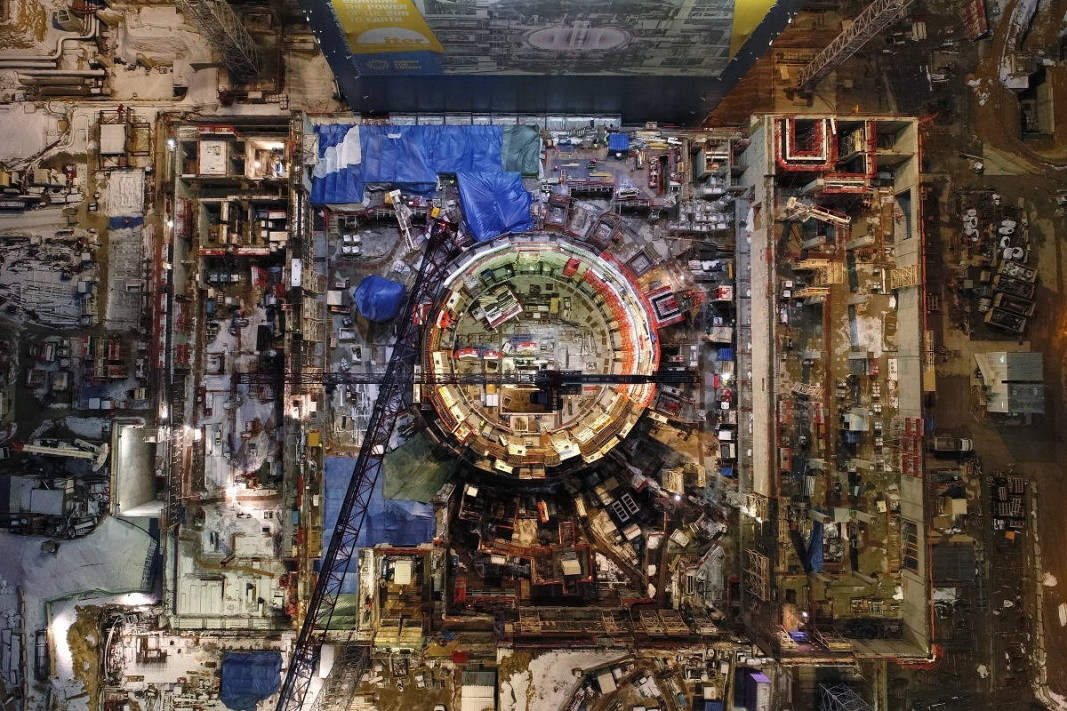
Plans are for the reactor now being built to be made operational at the end of 2025 but it will still be part of the scientific and research work on the project. All results of the studies after this point will be used for building and utilizing a demonstration reactor which will generate real energy. According to schedule, this should happen around the year 2040.

ITER is the human race’s path leading to new green energy sources which can, in future, be used as inexhaustible sources on the Earth and in space, comments Prof. Dimitar Tonev, Deputy Director of the Bulgarian Academy of Sciences’ Institute of Nuclear Research and Nuclear Energy.
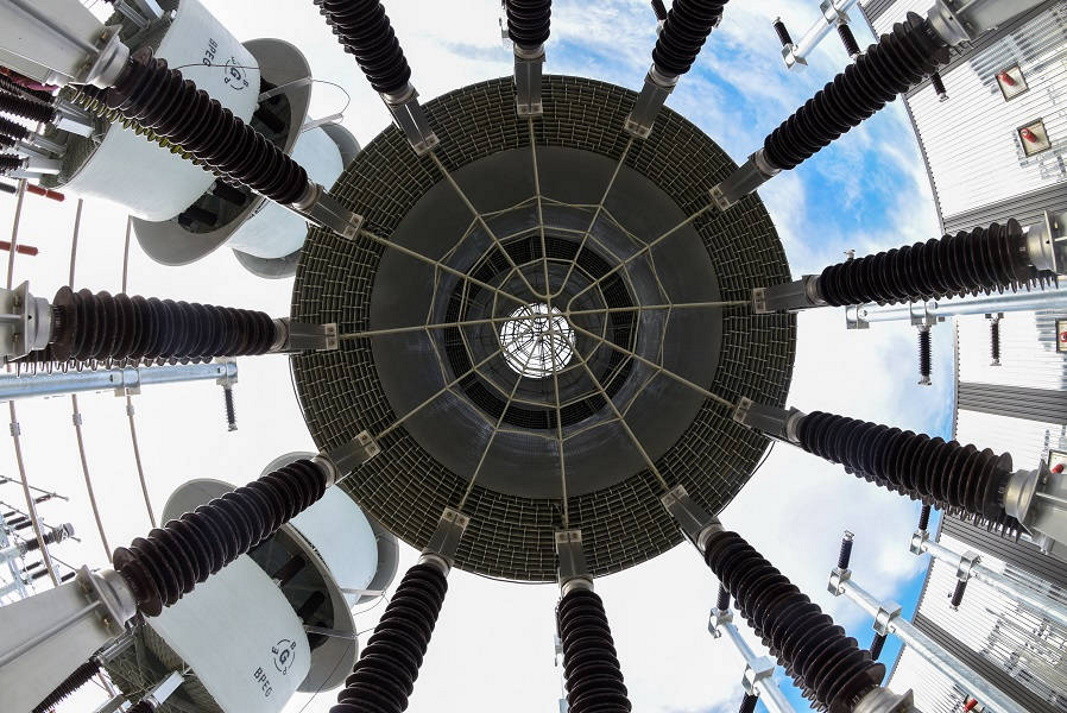
There are four Bulgarian scientists currently working on the project. One of them is engineer Dr. Anna Encheva, who has been with the project since the very outset, and who heads the team in charge of the magnets, or copper wire coils inside the reactor itself. She says the future reactor is absolutely safe, and adds that it has nothing to do with the outdated model of nuclear power plants the human race knows well.
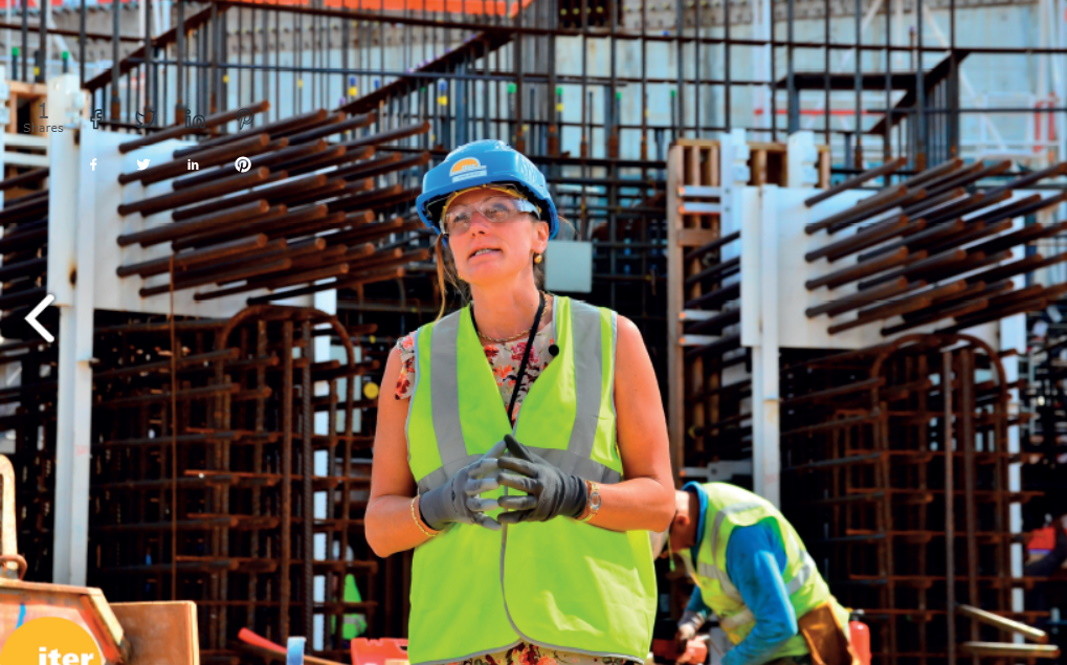
“To the public anything that has anything to do with nuclear energy, whatever the form, sound menacing. But ITER has absolutely nothing to do with the traditional nuclear power plants which are based on nuclear fission which generates enormous amounts of energy, and in this process we have a chain reaction that is difficult to control. Radioactivity levels in this obsolescent model are very high if accidents occur, as we have already seen in Chernobyl and Fukushima. In our case there is very little radioactivity and it comes from the great complexity of maintaining the process itself. The nuclear fusion in our reactor is maintained at a very high temperature - ten times higher than the temperature inside the sun’s core or around 150 million degrees C., with a certain magnetic force, created by large copper soils, and also with a given density of the substance which is inside and is called plasma. If one day the components are not within the required norm, then the reaction simply falls apart without any radioactive contamination or any disasters such as we have seen happen,” Dr. Encheva says.
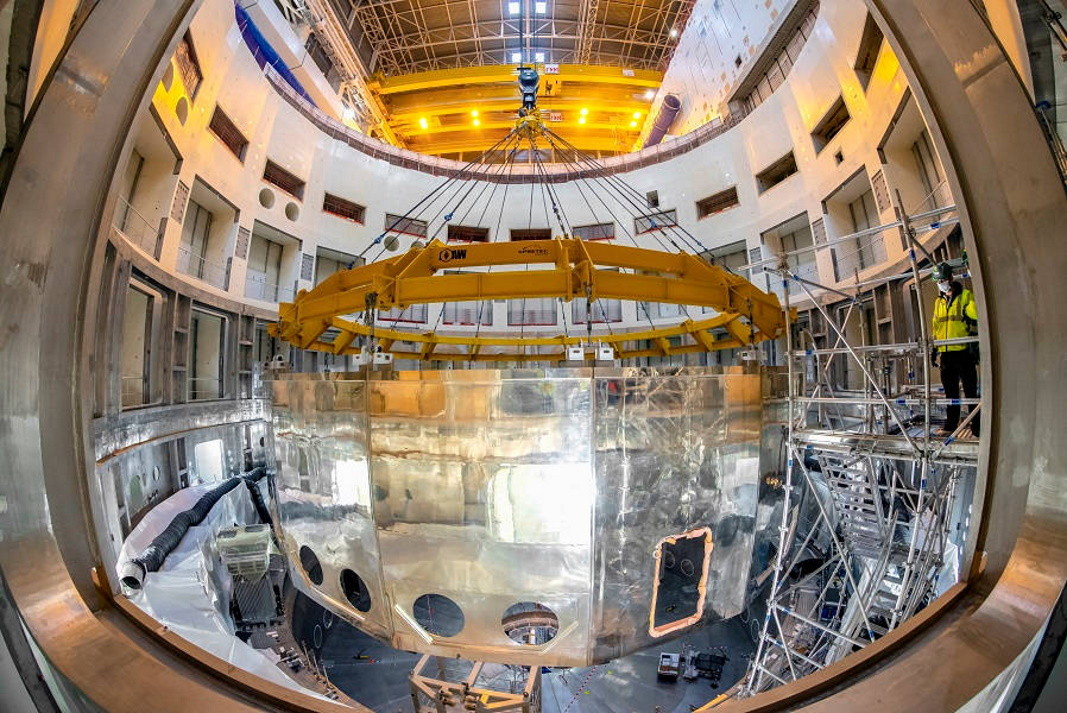
Interview by Bojidar Yanev, Radio Sofia, BNR
Editing by Vessela Krasteva
Photos: ITER Organization, inrne.bas.bgThe international wine festival "Bolgrad Wine Fest" is opening today in the unofficial capital of ethnic Bulgarians in Ukraine - Bolgrad. The two-day event will be held at the Center for Culture and Recreation. For the first time, within the..
The 33rd Bulgarian polar expedition is heading to Antarctica to continue its scientific research in cooperation with scientists from different countries. For the first time, travelers from two Balkan countries - Greece and Montenegro, as well as from..
The program of the Orthodox Book Week offers meetings with authors, publishers and translators of Orthodox books from the last few years. The event is held until November 10 at the ''St. Procopius of Varna'' Church, with meetings taking place every..
Modernizing critical thinking skills, fact-checking skills and media literacy are essential for society, especially for young people in Bulgaria - the..

+359 2 9336 661
